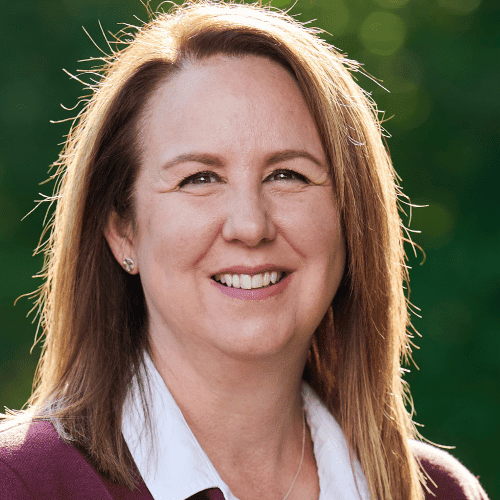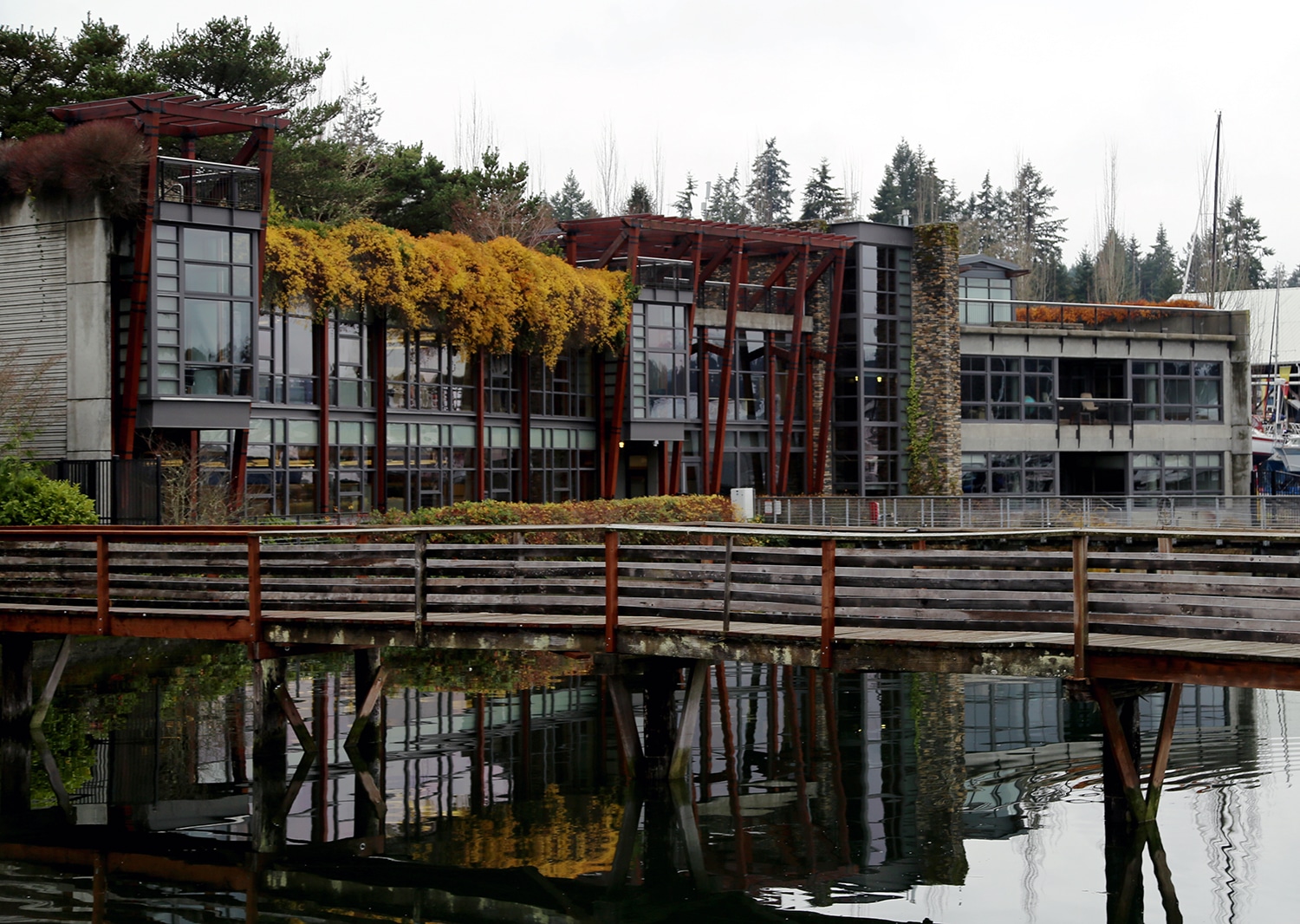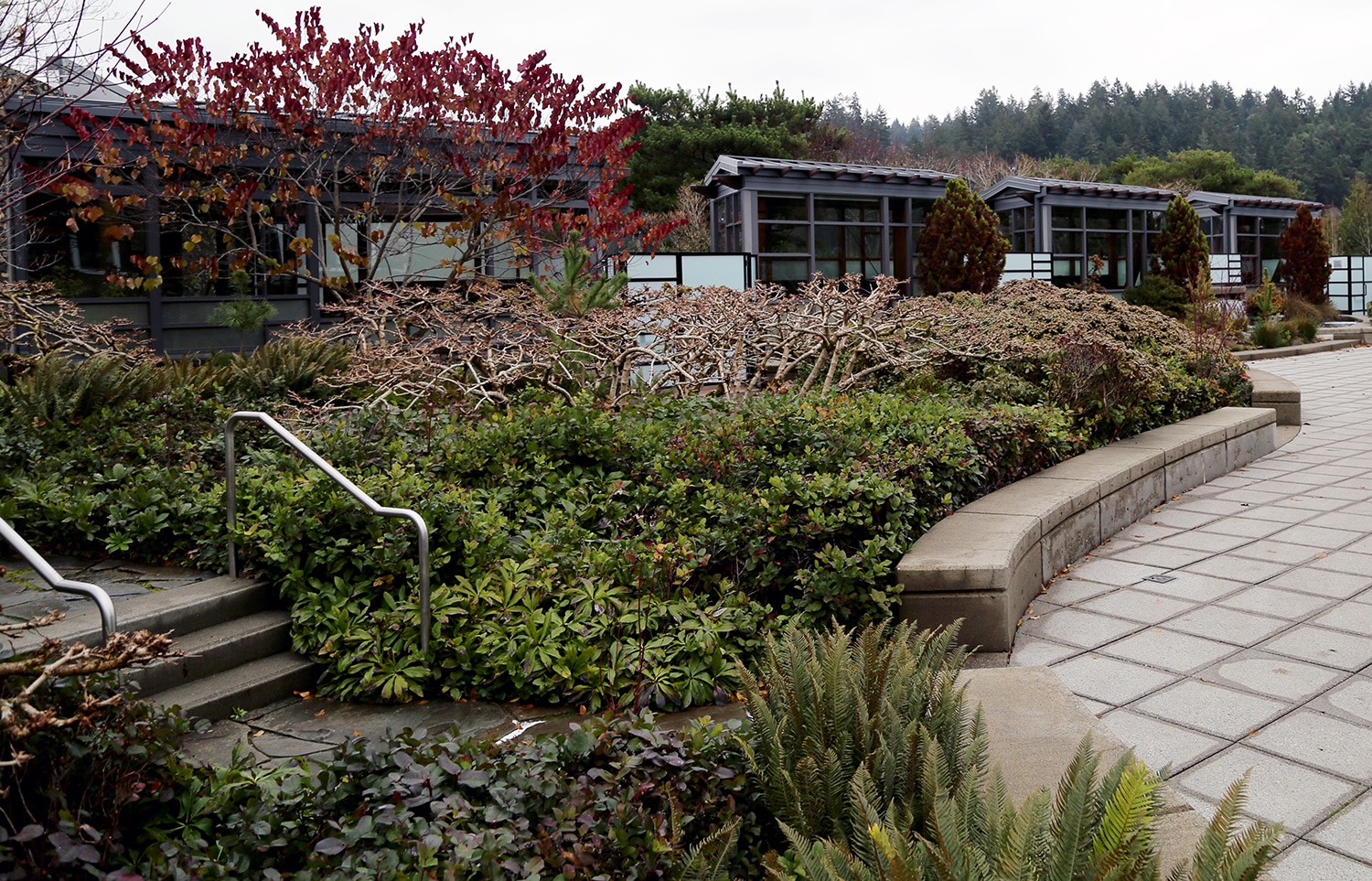Business Environment
Gig Harbor-based Russell Family Foundation commits to Net Zero
Since its founding in 1999, Gig Harbor-based The Russell Family Foundation made sustainability and environmental stewardship a top priority.
The foundation was formed after the Russell family sold investment and financial services firm Frank Russell Co. to Northwestern Mutual Life for an estimated $1 billion. Since then, the foundation has operated with a mission it describes as: “Investing resources and relationships in grassroots leaders, environmental sustainability and global peace.”
Examples can be found in the causes TRFF supports with grants — the Puyallup Watershed Initiative, Puget Soundkeeper Alliance, Hood Canal Salmon Enhancement Group and many others.
But the foundation also is committed to using its endowment to make what it calls mission-aligned or impact investments. “Impact investments are investments in companies, organizations, and funds with the intention to generate positive social and environmental impact alongside a financial return,” according to the foundation’s website. The foundation’s investment portfolio is nearly 95 percent values-aligned.
Now the foundation is taking things a step further.
It announced this fall its commitment to achieving Net Zero by 2030. The commitment includes reducing greenhouse gas emissions across its portfolio consistent with a maximum temperature increase of 1.5 degrees Celcius.
“Getting to Net Zero by 2030 is a bold commitment that TRFF is incredibly well-positioned to achieve,” board treasurer Tim Cavanaugh said in a news release announcing the commitment. “We will document our progress to build a roadmap for others to take similar steps, which deeply aligns with our institutional values.”

Russell Family Foundation CEO Kathleen Simpson spoke with Gig Harbor Now last month about the Net Zero commitment.
Gig Harbor Now: The foundation already has a long history of mission-aligned investing. Why did the foundation choose to take on this particular mission at this particular moment?
Kathleen Simpson: “This particular mission, because we know that the climate crisis is in front of us and we need to take urgent action. The Russell Family Foundation has been focused on the environment since its inception and we’ve been moving our portfolio since 2005 toward what we call impact- or values-aligned investing.
“We have divested of fossil fuels in our portfolio and have invested in environmentally sustainable opportunities. We feel that this is a natural next step for the foundation, not only for our foundation but to use our peer network to move other foundations to do the same.”

Russell Family Foundation CEO Kathleen Simpson
GHN: Explain what this would mean in a practical sense?
Simpson: “When we make a net zero commitment there are three scopes. We have to look throughout our entire organization. Scope one and two is how we operate, the energy usage we have as an organization, the building we’re in, our travel and how we’re operating.
“For the large part for the foundation, it will really be focused on our investment portfolio, which is scope three. What we’ll be doing is looking at our portfolio to de-carbonize and have that as close to Net Zero as possible.”
GHN: How close are you already to achieving your goal?
Simpson: “The irony is we’ve been doing this work for so long, that for our foundation it’s going to be harder to meet a Net Zero commitment at least in the interim targets. Because we’re at the final mile, per se. Versus an organization who may be a large emitter can set benchmarks, their 2025 benchmark, and pick the low-hanging fruit. Which we’ve already done, for the most part.
“So where we are right now, our investment advisor is going to be a key partner with us to do this work. They have just done a baseline scope of our private equity and our fixed income asset classes. That’s the first step, to do a baseline audit of where we are.
“We have also partnered with an organization called Carbon Direct Inc., who will be supporting us on doing the carbon audit on our scope one and two as well. Once we get the baseline, we will begin setting our targets for 2025, which is a requirement of the Net Zero Asset Owners Alliance commitments. We’ll set those targets, we will publicly publish those, and then we will also publicly report against those as part of our commitment to the alliance.”
GHN: Will this mean changes to your operations as well as your investments?
Simpson: “We don’t see a lot of changes in operations. What it’s going to be is, being more aware. Our travel, particularly, is where we think there will be an impact. We’ll have to look at how do we mitigate that. Right now, we’re looking at, are there ways to offset that? For us, it would be with nature-based solutions.”

The Russell Family Foundation building on Harborview Drive in Gig Harbor, as seen from the Maritime Pier next door. Vince Dice
GHN: Do you have any examples of steps taken or success achieved so far?
Simpson: “We just made the commitment in October. We … really want to be transparent and intentional that the steps from Oct. 18 forward are the steps that we will count towards our Net Zero commitment. We’ve signed on to the Net Zero Asset Owners Alliance, we’re doing a carbon audit on the portfolio, doing an audit of our operations.
“We’re also partnering with an organization called Confluence Philanthropy to convene foundations to have what we’re calling ‘intensives.’ To really think through, how do we do this in a just way and have a transition plan that will go with the natural economy? We just had that first convening last week in San Francisco we’ll do another one in New York City in January to really work with other foundations who are also trying to make the same commitments to make sure we’re doing this with integrity and a ton of care.”
GHN: Your announcement made the point that foundations are smaller, but more agile and able to move more quickly than large corporations. Can you discuss why it’s important for foundations like yours to make a commitment to Net Zero?
Simpson: “We believe foundations have a unique role in contributing to Net Zero goals because we have flexibility in our approach. Our trustees and our managers, they hold a dual mandate. Not only financial duty, but also fiduciary duty to the mission of the foundation.
“When we say foundations have a unique role, we have flexibility of the philanthropic tools we have — including grant capital, investments, communications and convenings. These tools are particularly valuable in aligning mission-oriented pools of capital to the same goal.
“As I said, we’re bringing other foundations along to make similar commitments. We can move more quickly than … a corporation or other organizations who may have a lot more regulations. Our goal is, we can encourage peers to do the same. And, not only are we making this commitment … but our goal … is also to document this process along the way in a transparent way so that we can create a playbook for others who are struggling with some of the questions that we’ve been struggling with. To just be able to help move the capital into where the economy needs to go.”
GHN: What does this mean to the Russell family?
Simpson: “The foundation has been an environmental foundation since its inception. The vision of the foundation is a sustainable and peace world for people, places and communities. So we’re focused on sustainability and the environment. That’s part of the work that we’re doing
“It’s really important for the family to use the tools that we have. We believe that because of the mission-aligned investing that we’ve been doing, we have an ability … to be able to set a playbook and bring others along and address the climate.
“We know that we need to do some serious work in the next eight years. Our climate, it’s going to be important for that. We’re a small foundation, but we believe that we can be able to convene others because all assets are going to need to change and go to where the puck is going, not to where we are today.”

The Russell Family Foundation building on Harborview Drive in Gig Harbor. Vince Dice
